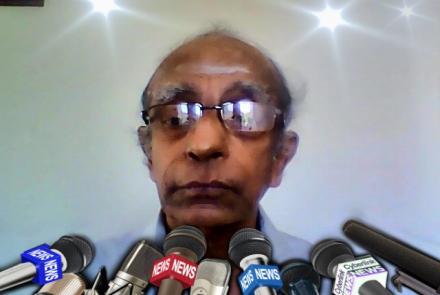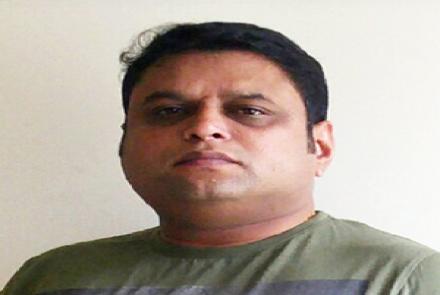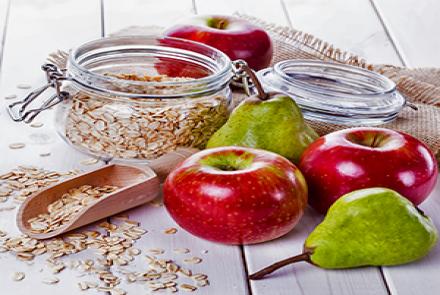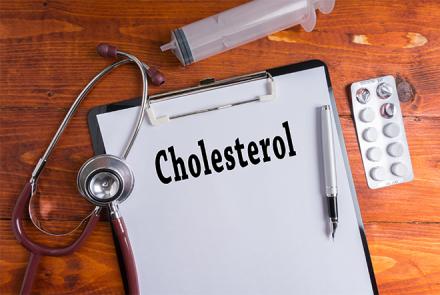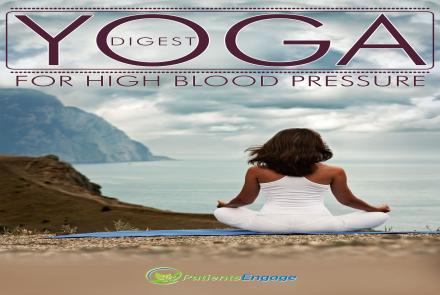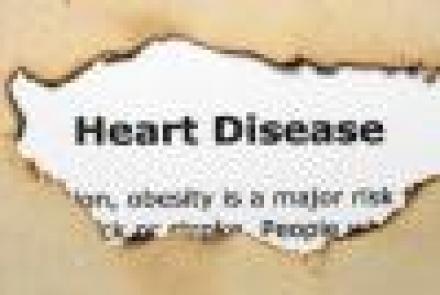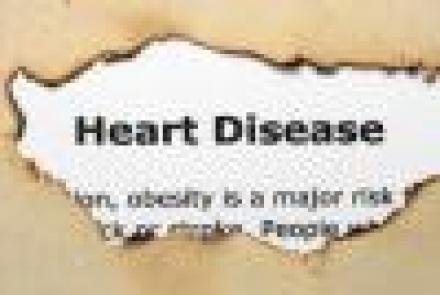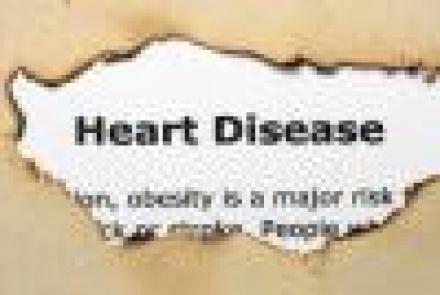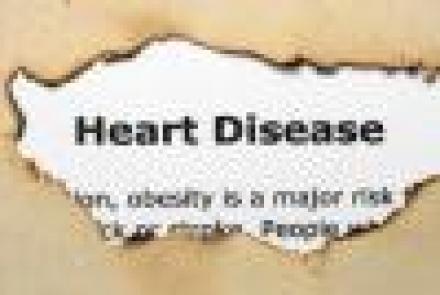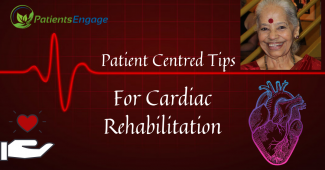
Dr Kalyani Nityanandan, 85-year-old Chennai based cardiologist, who pioneered the first cardiac rehabilitation facility in Tamil Nadu, shares her vast knowledge on recovery and staying well after cardiac arrest.
Let me begin with a real life case. A middle-aged man has a sudden cardiac arrest. With competent care and some luck, he is saved. He is discharged from the hospital with his heart and arteries in reasonably good shape. The doctors advise cardiac rehabilitation, along with a flood of other recommendations: improve your lifestyle, lose some weight, take a walk daily, stop smoking, knock down your blood pressure, control your diabetes, etc.
Changing Diet
Turning to the immediate convalescent needs of diet and lifestyle, the surviving patient should reduce the food intake by 1/3rd at once. Meals should be, as far as possible, at fixed times. This also permits medicines to be taken at the prescribed time. After eating, he should rest in an easy chair for about 20 minutes, but not lie down.
However, please note! No sugar at all if he is a diabetic; this is an absolute must. There are many artificial sweeteners now available which can be used not just in coffee and tea, but even in sweets like payasam and kesari. I am a diabetic who likes very sweet coffee; I have been enjoying coffee with sweeteners for decades and never missed the sugar.
Must Read: Cardiac Rehabilitation helped me get my life back
As we all know but can easily forget, health has a strong psychological component, and so does food. So the connection between the three deserves attention. An abrupt switch to a bland "patient" diet can depress anyone who is convalescing, and this will not help his recovery. It takes a bit of imagination to make a balanced and healthful diet also be tasty and interesting, but it is well worth the effort.
It is important to reduce intake of spices, sugar and oil, but they are not absolutely taboo and an occasional indulgence is not harmful. A good rule of thumb is: If you behave yourself 80% of the time you can afford to deliciously misbehave 20% of the time. “Misbehaviour” may mean a small scoop of ice-cream or a single vadai once in a while.
A convalescing husband once asked me: "Doctor, Saraswathy Pooja is nearing. Will you please tell my wife to give me just one vadai? She has banned all oil from my food." So I told the wife: "One vadai is not going to make any difference. In fact the pleasure he gets out of eating it may hasten his recovery.”
When D-Day came, I got a plaintive phone call from the husband. "Doctor, she has poured the vadai batter onto a non-stick tawa with a drop of oil and cooked it. It is as dry as a cow dung cake!”
I tried not to laugh and asked him to put her on the line. I threatened her: "If you don’t make him a real proper vadai I am coming to your house with a bagful of fresh ones!” When I put the phone down I found that my own husband had been eavesdropping. He said: "Go visit them and bring back the cow dung cake, I want to see it."
Lifestyle alterations
Apart from the food itself, consider the lifestyle component of eating. Make it a point to have at least one meal a day with the whole family at the dining table. Talk, joke, exchange anecdotes of the day and make it a happy time for all to unwind.
Sometimes, a wife will treat the recuperating husband as if he is made of glass. This coddling reduces self-confidence, and can make him feel as if he is still a patient when he is already on the road to recovery. The counsellor must talk to both of them, explaining the dos and don’ts equally, so that there is psychological ownership of the regimen for both the patient and the caregiver.
Regarding those under your own roof in an extended family, be very careful about not letting the elders in the house sense anxiety and worries about the illness. Rather, encourage the patient to spend more time talking to them; it could be soothing to both parties.
Keep angina medicines handy
For a recovering cardiac patient, I urge one point about medication. There is always a prescription for emergency angina medication, and it should always be kept handy. Angina is a centrally located pain the chest, which feels like you are being squeezed from inside. The pain may spread to the shoulder, jaw and the inside of the arms. Angina tablets dissolve under the tongue and should relieve the pain within a couple of minutes. Keep them in every room in the house, including the bathroom.
Make sure that somebody else at home, and in your workplace, knows exactly where they are kept, and can help you grab one at any time. The patient often develops the instinct of knowing when angina is imminent and what actions can precipitate it. If so, sitting down immediately is often helpful. If the pain goes away but recurs within 30 minutes, use another tablet and seek medical help. If there is sweating or nausea, get to the doctor immediately.
Remember all chest pains are not cardiac, and your doctor will diagnose this by examination and ECG.
Tobacco is a killer
Smoking, or any other form of tobacco use, is slow suicide. Nicotine is a powerful vaso-constrictor, a drug that shrinks down your blood-giving arteries. It is literally capable of stopping your heart from beating. The nicotine content of 32 cigarettes, if dropped on the tongue at once, will cause cardiac arrest within two minutes.
When your own patient comes home, do whatever it takes to stop him from starting again. Plead, cajole, fight and blackmail as needed. If he wants to quit gradually, tell him that he is welcome to start smoking once he has stated his final death wishes to his children and parents.
Must Read: I stopped smoking after my heart attacks
Financial rehabilitation
When the shock of a health crisis is slightly numbed, money rears its ugly head. Decades of rehabilitation counselling tell me that most immediate family members, including the wife, have very little knowledge of the family’s finances or how they are being handled. I was horrified to realize that three out of five have no bank account in their own name, nor even jointly with their husbands.
Another practical caution on financial security is that the topic of survivorship should be immediately addressed. For example, if the breadwinner has a life insurance policy, it is likely that he has named his wife as the beneficiary. Unfortunately it is common to find that this is not the case with retirement benefits. At the beginning of employment, workers often nominate their mother as legal heir for the provident fund and retirement benefits. The conversation about changing the beneficiary to the wife is a difficult but essential one, and now is the time for it.
Resuming work
Returning to work is a delicate balance between the demands of health, finance and the employer. Not everyone can take three months off with pay to complete the recovery. I give the recovering worker the following advice. To begin with, take 20 minutes to rest after breakfast. If you have to go to work by public transportation, do not eat breakfast at home. Instead, start out early with your breakfast packed. When you reach the office, eat quietly first, then spend a few relaxing minutes chatting with colleagues before starting your routine. If you need to climb stairs, take only ten steps at a time. Take at a break for 30 seconds before you resume. This will invite embarrassing stares from passers-by; just pretend to search for something in your briefcase or find something to catch your attention outside the window.
Deepen family bonds
Finally, to wrap up this package of medical, lifestyle and financial issues, please do not forget to look the bright side and prepare to enjoy the remainder of your lives together. Wives, go with your husband for a walk. Apart from recuperation for him, the exercise will help you lose weight, and give you a chance to discuss what is on your mind and heart. Pleasant recollections and laughter will do you both a world of good.
Enjoy your resurgent sex life. The husbands never ask, so I always draw the wives aside and assure them that sex is safe for most cardiac convalescents after six weeks at home. Consider that a normal couple barely uses the energy needed to climb a flight of stairs. (You can re-calibrate that to your own standards.) Don’t forget the psychology factor: sex will build his self-confidence, and a loving, tender coming together will certainly do more good than harm.
What has happened is an unexpected shock to the family, but visualize the good side effects. Increased bonding, the sharing of responsibilities, the fact that you now talk freely and discuss problems as never before – these are all new blessings.
This is a chance to see life from a different angle with strengthened body and mind, in deeper relationships and higher spirits. Enjoy it.
Dr Kalyani Nityanandan, MD, was instrumental in bringing the first cardiac coronary intensive care unit to Tamil Nadu in 1969. Soon afterwards she started the state’s first cardiac rehabilitation facility. In later years she also pioneered the introduction of echocardiography in Chennai.
3rd Sept 2022: With deep regret we wish to inform our readers that Dr. Kalyani Nityanandan passed away a few weeks back. We will always be grateful for her contributions to the PatientsEngage community.

